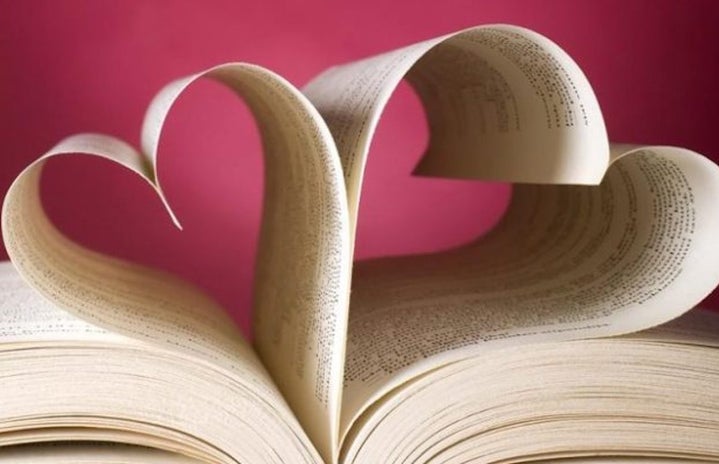At several points earlier throughout the school year, as we became stressed and weighed down by work, my roommate and I turned to a natural remedy: a movie night. It was during one of these occasions that, with pints of Ben & Jerry’s, face masks, and a mountain of pillows, we settled in to watch the 2005 movie adaptation of Pride and Prejudice. To us, choosing this movie was a no-brainer. And based on the many conversations I’ve had with a multitude of women, we are not alone in our love of this film. This is a generalization, as I’ve not spoken to every woman in the world regarding her feelings about Pride and Prejudice, but the trend seems substantial enough to say that women love this story. But why is that? What makes a film that’s 15 years old and a story that’s over 200 years old so ingrained in the female psyche?
There have been countless scholarly articles, seminars, and analyses of Jane Austen that show her genius as a writer. Given the time and reason, I could probably write an entire dissertation on her novels myself. But the casual movie night is usually not accompanied by scholarly research and analysis (none that I’ve been to at least). By all intents and purposes, Pride and Prejudice is a romcom, so what differentiates it from the thousands of other romantic movies one might choose? The answer cannot be whittled down simply to Austen is a good writer, but rather that Austen’s writing contains a subtle honesty that is missing in so many modern romances.
From the first line of the book, “It is a truth universally acknowledged, that a single man in possession of a good fortune must be in want of a wife”, a sentence practically dripping in a quiet sarcasm, one can see that Austen is not an objective or complacent narrator. She doesn’t just set up the world she lives in, she satirizes it. If ever there’s a moment where a modern reader might roll their eyes, it’s clear that Austen is rolling hers right alongside them. Unlike modern romances where the characters are colorful archetypes presented alongside a series of clichés, Austen offers carefully crafted characters that are so convincingly crafted they transcend the time period in which they were written. Never is Elizabeth Bennet given a makeover, never is made into a Mary Sue or flattened into a girl-next-door stereotype. She is unwaveringly a woman of her own mind and opinions, which is refreshing to a modern reader/viewer.
All of this is exemplified in the arc of Mr. Darcy and Elizabeth Bennet’s relationship. Darcy is not dashing or adorably clumsy, he’s painfully awkward and stoic to the point of rudeness. The first time that he proposes to Elizabeth, he is forceful, sure of himself, and insulting both to Elizabeth and her family. Unrestrained, she not only rejects him but chastises his rudeness, explaining that she owes him absolutely nothing and the fact that he is of a higher status does not bind her to accept with gratitude. While this is gratifying to see, it is not so gratifying as all that happens in the scenes that follow. Rather than endlessly pursue her, Darcy takes all that Elizabeth says to heart. In spite of his immense pride, he acknowledges the wrongs that he had done and apologizes for them. He helps her sister, Lydia, without taking credit or making it a big elaborate gesture to win her affection. And, finally, his second confession is a stark contrast to the first. It is not forceful, but humble and displays a grace not often seen in a climactic love confession scene. He admits his feelings to be the same, but assures Elizabeth that if her feelings have not changed “one word from you will silence me on this subject forever.” Simple as it is, this puts Pride and Prejudice above so many other romances. The woman does not change in order for the man to gain clarity, she remains herself and speaks honestly. The man does not annoy the woman into a romance or impress her with some over-the-top gesture, he takes her criticism and becomes better. And when going about his proposal, he shows her respect by giving her the choice to stop him and walk away with the freedom of never hearing him speak of love again. These are the subtleties that tell a good romantic story. This is an arc that is achieved because the characters are written so realistically.
Pride and Prejudice is certainly not the end all be all of romantic fiction. We have room for stories that offer more diversity in terms of race and sexuality. But the fact that this story carries so much weight so long after it was written shows that we haven’t been listening to the elements that make it enjoyable. Women don’t want to see a tale between two cardboard cutout pretty people who fall in love because the plot says they must. Women want to see stories where they are respected, where men are held accountable for mistakes, and where love is not a magical fix-all force with no rules, but a relationship between highly compatible individuals that experience mutual growth.




